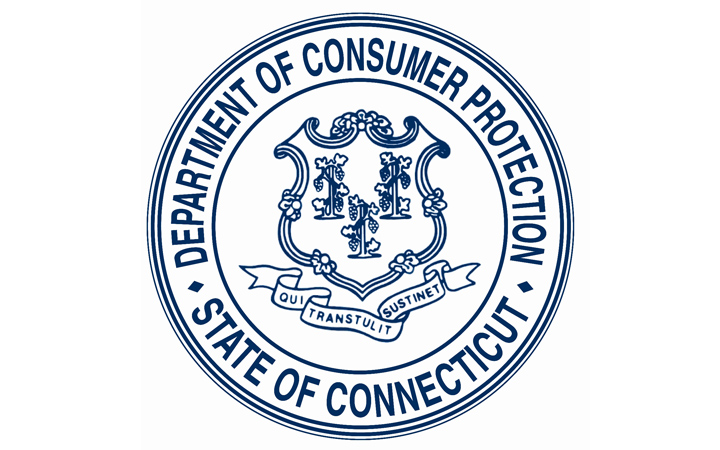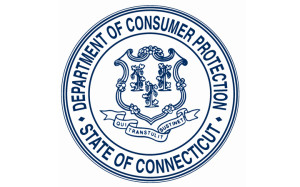
On July 21, 2017, the Connecticut Department of Consumer Protection issued the following ruling:
In the Matter of Effective Separation in Premises With Restaurant and Café Liquor Permit
SUA SPONTE DECLARATORY RULING
Pursuant to Connecticut General Statutes § 4-176 and Regulations of Connecticut State Agencies § 21a-1-10, I am issuing this sua sponte Declaratory Ruling regarding the effective separation requirement in premises applying for and holding restaurant and café liquor permits. This Declaratory Ruling clarifies the applicability of the Liquor Control Act and its regulations, particularly Connecticut General Statutes § 30-6c and Regulations of Connecticut State Agencies § 30-6-B29.
I have conducted a thorough review of the circumstances and the applicable laws and regulations, particularly the text and legislative history of Connecticut General Statutes § 30-6c and Regulations of Connecticut State Agencies § 30-6-B29. Beginning in August 1984, the Department of Consumer Protection (“Department”) was required to review new applications for restaurant and café liquor permits where the café was to consist of more than one public room for effective separation between the barroom and the dining room or lounge. See Reg. Conn. State Agencies § 30-6-B29 (eff. August 28, 1984; amended October 1, 2001). Effective separation was not required if the permittee entered into an agreement with the Department indicating that the bar would be designated as a service bar, meaning that employees could obtain alcoholic beverages at the bar, but consumers could not order or obtain an alcoholic beverage at the bar themselves. Id. Since that time, the Department has consistently enforced the effective separation rule.
In 2013, the Connecticut legislature passed Public Act No. 13-12, which provided the Department with explicit and clear instructions to amend its regulations and permit exceptions to the effective separation rule. The act stated in relevant part: “The Department of Consumer Protection shall, pursuant to section 30-6a, amend the regulations of Connecticut state agencies, in accordance with the provisions of chapter 54, to . . . add a provision that, during said department’s plan review for new applications for restaurant and cafe permits, the applicant may request and said department may grant an exception to the effective separation requirement regarding separation of the dining room or lounge from the barroom where the cafe is to consist of more than one public room.” This legislation was passed unanimously and public testimony supported the proposed change.
In accordance with this statutory directive, the Department is in the process of amending Regulations of Connecticut State Agencies § 30-6-B29. That amendment is not yet final. However, the Department has been given an unequivocal mandate from the legislature and should begin enforcement of this clear directive. While effective separation remains the general rule, the Department must acknowledge in accordance with Public Act 13-12 that the legislature intended to give permittees the opportunity to seek exceptions.
Based upon the foregoing, I hereby rule as follows:
The Department shall require effective separation between the dining room or lounge from the barroom on all new applications for a restaurant permit or a café permit where the café is to consist of more than one public room, unless the permittee agrees that the use of the bar in either such premise will be confined to a service bar or the applicant is granted an exception based on the terms outlined below pending passage of a regulation in compliance with Public Act 13-12:
- During the Department’s review of new restaurant and café permit applications, the applicant may request and the Department may grant, for good cause shown, an exception to the effective separation requirement; and
- Upon request by a permittee with an active restaurant or café permit, the Department may grant, for good cause shown, an exception to the effective separation requirement.
Michelle H. Seagull, Commissioner
Department of Consumer Protection











